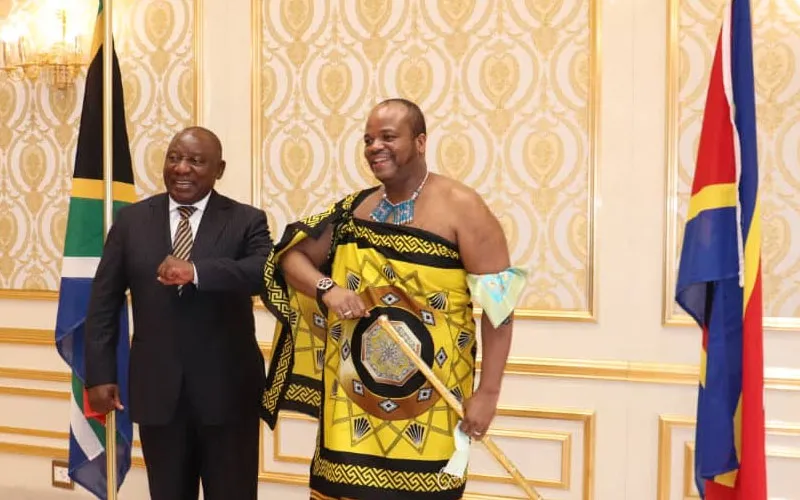“The environment in which the dialogue will be held is still hostile,” DHPI says, and adds, “Some of the leaders of the pro-democracy movement are still in jail and others in exile and there are still laws, practices and conduct by mostly traditional leaders that make it absolutely difficult for the people to participate.”
According to the peace entity of the Southern African Catholic Bishops’ Conference (SACBC), some locals in Eswatini are of the feeling that they are being left out of the planning and inception stages of the process.
Still, others feel that the drafting of the Terms of Reference (ToR) of the proposed talks is not an inclusive process.
“A large number of people have been quite vociferous in their call for a political dialogue that will meet international benchmarks and standards and be based on an equal basis and mutually agreed terms of engagement where neither the king nor government have the upper hand,” the SACBC entity that is researching the evolution of conflict in Eswatini and in a number of other African countries says.
People who have spoken to the charity entity maintain that the national dialogue in Eswatini should be about the exchange of ideas among the different interest groups regarding a broad range of national issues that will drive public policy and bring about the desired national reforms.
“As it stands, it is not likely that the dialogue will bring about the outcomes that will be binding because there will be no instrument that enforces changes,” DHPI says.
The charity foundation has reported on continued unrest in Eswatini, with locals warning that if unaddressed, violence in the country signals “very worse times lying ahead”.
In a message that was shared with ACI Africa last month, the peace entity of SACBC described the situation in the Southern African country as “a ticking time bomb” that signals “a looming civil war”.
The entity reported that since the political unrest in June 2021, Eswatini has not been peaceful.
“People have been killed allegedly by state securities, others have fled the country in fear of being killed, some have been arrested and others have been displaced from their families. Pro-Democracy organizations continue to put pressure on the authorities for meaningful political reforms and the total unbanning of political parties,” DHPI reported April 20.








